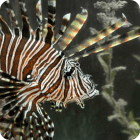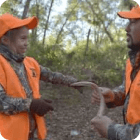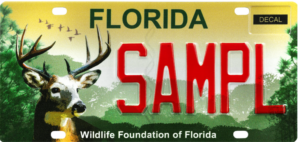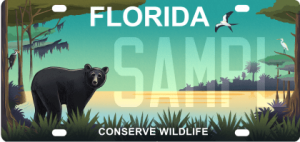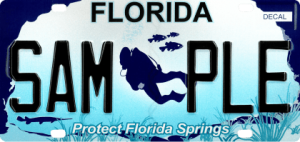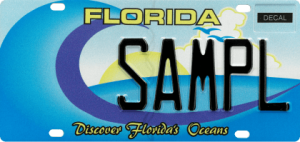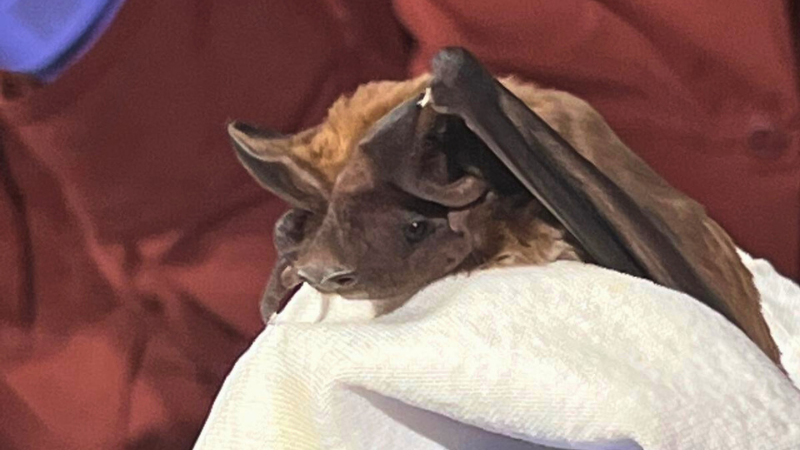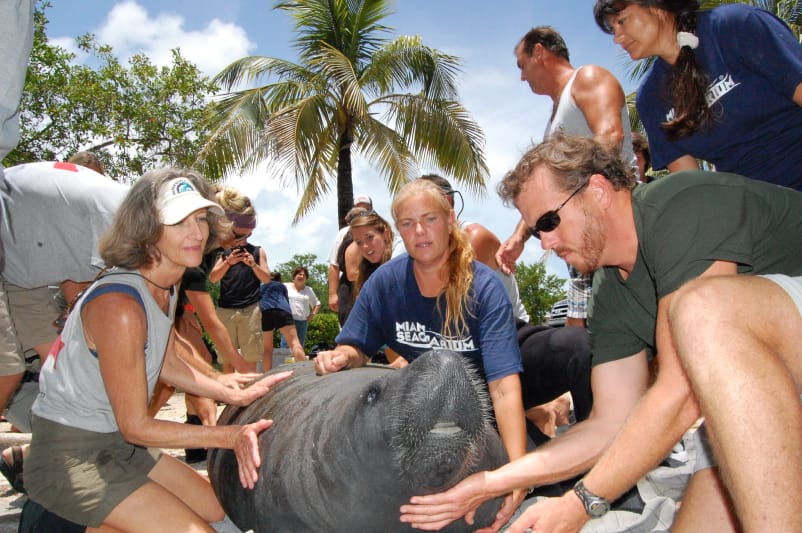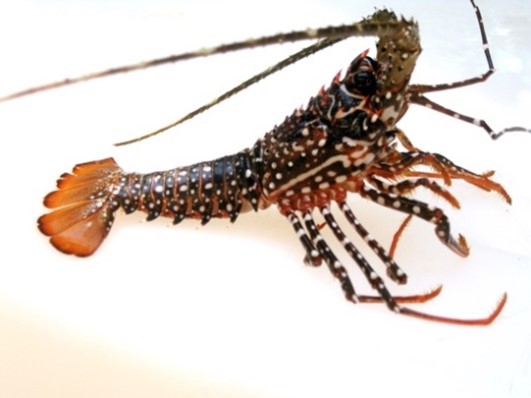
 Corals create the castles of thriving marine ecosystems, but they are susceptible to siege by hordes of predators. But marching to their rescue might be the spotted spiny lobster, one of the white knights of the coral kingdom.
Corals create the castles of thriving marine ecosystems, but they are susceptible to siege by hordes of predators. But marching to their rescue might be the spotted spiny lobster, one of the white knights of the coral kingdom.
Corals may look unappetizing to you or me, but they are a favorite food of the sea snail, Coralliophila galea. In a healthy, balanced coral reef ecosystem, the snail is not a problem. But for corals already stressed by disease, pollution, rising water temperatures, and other threats like those in Florida, these coral-eating snails become a serious issue. Controlling these snails is particularly important when transplanting nursery-raised corals to restore degraded parts of Florida’s reefs. The snails can consume young corals before they have a chance to grow or reproduce. But a hungry hero is helping save them: the spotted spiny lobster.
One fully grown spotted spiny lobster can eat several snails a day. Florida Fish and Wildlife Conservation Commission (FWC) biologists are investigating using lobsters at reef restoration sites thanks to a $37,000 grant from the Foundation. If a connection is found between high numbers of snails in the lobsters’ guts and healthy reefs, the spotted spiny lobsters will be deployed during reef outplanting to help protect young corals. This is a novel form of “biological control” that could be employed not only at Florida’s reefs, but across the Caribbean where spotted spiny lobsters are naturally found.
“Restoring Florida’s coral reefs is one of our top priorities,” said Foundation President & CEO Andrew Walker. “We are excited about FWC’s holistic approach of using natural defenses to restore one of Florida’s unique treasures.”
Our coral reef is a treasure and a critical part of our ocean ecosystem. Hundreds of species rely on coral reefs for food and shelter. In fact, they represent only one percent of ocean habitats but serve as home, protection, and spawning grounds for a fourth of all marine life. You can help save our reefs and fund innovative conservation projects like this one by purchasing our Conserve Wildlife license plate. With each purchase, $25 dollars will go directly to the Foundation. Make a difference and buy yours now!



